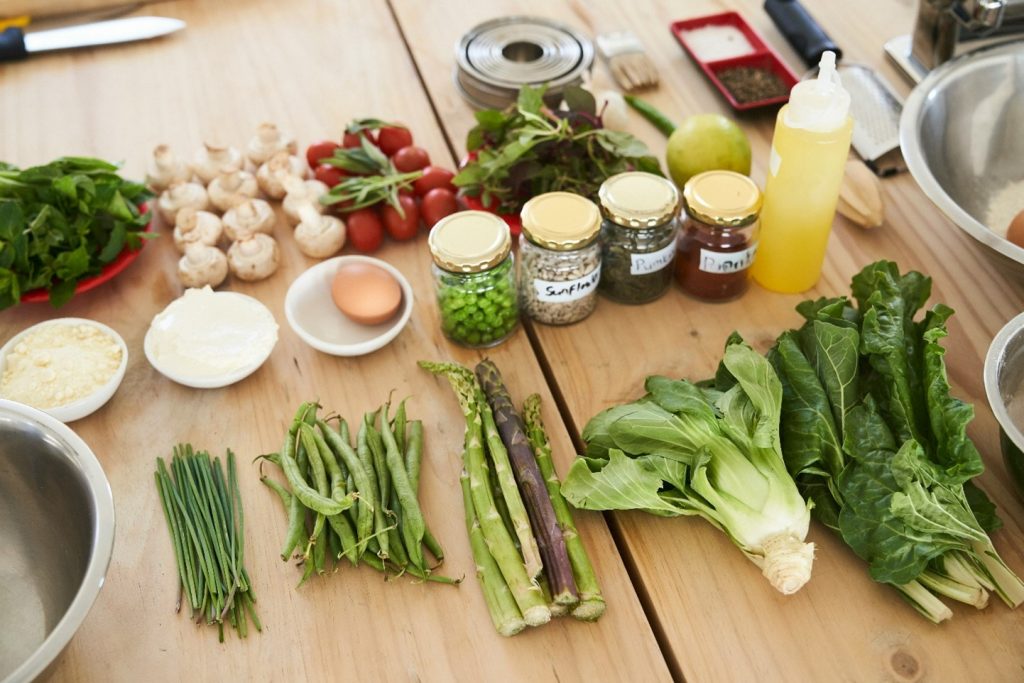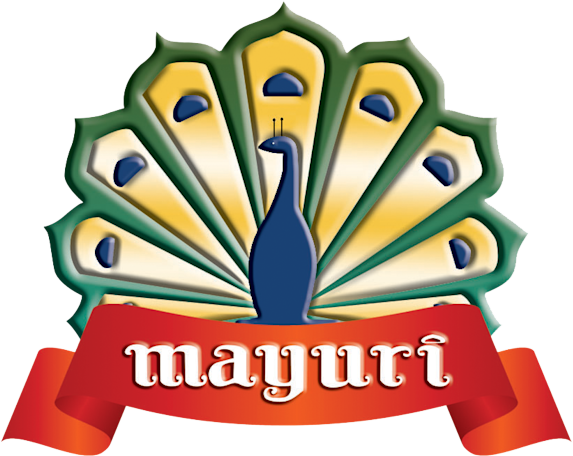Embracing World Vegetarian Day: Celebrating Centuries of Vegetarian Traditions in South Asian Cuisine
As we mark World Vegetarian Day, it’s essential to recognize that vegetarianism is not merely a modern trend but a time-honored tradition deeply embedded in South Asian cultures. With its roots stretching back centuries, vegetarian cuisine in this region is a vibrant tapestry woven from religious beliefs, cultural practices, and ethical considerations. Notably, the concept of abstaining from meat has existed long before the term “vegetarian” was coined in the nineteenth century. In fact, if you lived in Paris circa 1650 or in London in the 1830s and decided to stop eating meat, you wouldn’t tell your friends you were going vegetarian; you would probably say you were adopting a Pythagorean diet, named after the ancient Greek philosopher who advocated for a meat-free lifestyle. This historical context highlights that the principles of vegetarianism have transcended time and geography, resonating with various cultures, including those in South Asia.

Historical Significance
The origins of vegetarianism in South Asia can be traced back thousands of years, intertwined with the religious and philosophical teachings of ancient texts. Hinduism, Buddhism, and Jainism, prominent religions in the region, have long advocated for a vegetarian lifestyle as a means of promoting ahimsa, or non-violence, towards all living beings. This ethical stance has influenced the dietary choices of millions, leading to a profound respect for life and an aversion to meat consumption.
Throughout history, vegetarianism has been celebrated in various cultural practices, festivals, and rituals. From the elaborate feasts during Diwali, where vegetarian dishes take center stage, to the traditional fasts observed by many communities, vegetarianism has been a cornerstone of South Asian life. This enduring legacy highlights how food can be a reflection of one’s values, beliefs, and cultural identity, echoing the ancient principles that Pythagoras and his followers espoused.
Rich Culinary Heritage

South Asian cuisine is a treasure trove of vegetarian dishes that showcase the region’s diversity and creativity. Staples such as dal (lentils), sabzi (vegetable dishes), and rice are complemented by a myriad of regional specialties that delight the palate.
– Indian Cuisine: From the spicy chana masala (chickpeas) to the creamy paneer tikka (cottage cheese), Indian vegetarian dishes are as varied as they are flavorful. Regional variations add depth, with South Indian sambar and rasam offering tangy and spicy profiles that are beloved across the country.
– Bangladeshi Cuisine: In Bangladesh, vegetarian dishes such as shobji bhaji (fried vegetables) and dal bhorta (mashed lentils) are commonly enjoyed, often accompanied by fragrant rice and mustard oil, creating a harmonious balance of flavors.
– Nepali Cuisine: The classic dal bhat (lentil soup with rice) is a staple in Nepali homes, often accompanied by a variety of vegetable pickles and curries. The use of local herbs and spices enhances the nutrition and taste of these dishes.
– Sri Lankan Cuisine: Sri Lanka’s vegetarian offerings include sambol (a spicy relish) and kottu roti made with vegetables, showcasing the island’s rich agricultural bounty and vibrant flavors.
These dishes not only satisfy hunger but also celebrate the connection to the land and the traditions that have shaped them.
Nutritional Benefits
Adopting a vegetarian diet can lead to numerous health benefits, many of which are well-supported by the nutritional wisdom of South Asian culinary traditions. Vegetarian diets are typically rich in essential nutrients, including fiber, vitamins, and antioxidants, which contribute to overall health and well-being.

Research indicates that a well-balanced vegetarian diet can lower the risk of chronic diseases such as heart disease, diabetes, and certain cancers. South Asian cuisine emphasizes the use of legumes, whole grains, and an abundance of fruits and vegetables, making it conducive to achieving nutritional balance. For example, lentils provide protein, while a variety of spices, such as turmeric and cumin, offer anti-inflammatory benefits.
Modern Relevance
In today’s world, there is a growing shift towards plant-based diets, driven by health concerns, environmental awareness, and ethical considerations. This contemporary movement towards vegetarianism resonates with age-old practices rooted in South Asian communities, where plant-based meals have always been an integral part of daily life.

As more people explore vegetarian options, the culinary traditions of South Asia can serve as inspiration for modern cooking. By incorporating traditional recipes and ingredients into contemporary meals, individuals can embrace the flavors and values of vegetarianism while also enjoying the benefits of a balanced diet. This revival echoes the historical significance of vegetarianism that was once known as the “Pythagorean diet”—a name that celebrated the ethical and healthful aspects of abstaining from meat long before the term “vegetarian” came into common usage.
Conclusion
On this World Vegetarian Day, let us celebrate the centuries of vegetarian traditions that enrich South Asian cuisine. From the historical significance to the diverse culinary heritage and the health benefits, vegetarianism is a cherished part of our cultural identity. We encourage you to explore the vegetarian options available at MayuriSeattle.com and share your favorite traditional recipes with us. By doing so, we honor the legacy of vegetarianism and its invaluable contribution to our kitchens and communities. Here’s to embracing a plant-based lifestyle that nourishes both body and soul!





